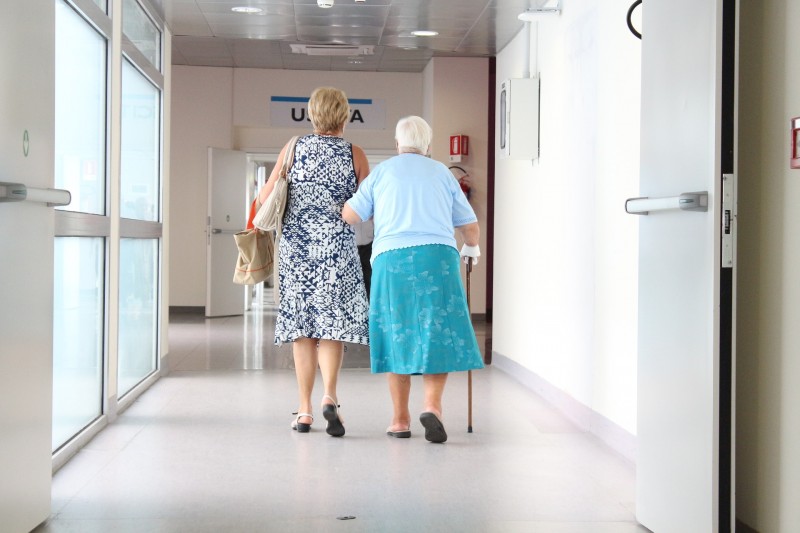On April 11th over 200 Dutch healthcare professionals attended the ‘Het Venijn zit in de staart’ (“The sting is in the tail“) congress, a yearly event organised by Hersenletsel.nl, the Dutch Brain Injury Association.
As Monique Lindhout, SAFE board member and CEO of the Dutch stroke support organisation Hersenletsel.nl said, Main subject of the congress was ‘Family Matters’. Now that more people survive stroke and other brain injuries while health care finances are cut at the same time, care for all people with brain injuries in the Netherlands, both in rehabilitation and in chronic phase, is lacking.
 Dutch professor Gerard Ribbers explained the facts: Only 10% of all people that have a stroke/brain injury get cognitive rehabilitation in Netherlands. He confronted the audience with the shocking fact that only in case of brain injury doctors are supposed to decide, mostly within a week, which patient will get rehabilitation treatment (10%) and which ones do not….and how we, as a society, apparently take all devastating long term consequences for granted.
Dutch professor Gerard Ribbers explained the facts: Only 10% of all people that have a stroke/brain injury get cognitive rehabilitation in Netherlands. He confronted the audience with the shocking fact that only in case of brain injury doctors are supposed to decide, mostly within a week, which patient will get rehabilitation treatment (10%) and which ones do not….and how we, as a society, apparently take all devastating long term consequences for granted.
If a person in Netherlands has any other disease (e.g. cancer, AIDS), there is simply no discussion about which patient is entitled to treatment and who is not: Everybody gets the best possible treatment! How can it be we accept this injustice as if it were ‘normal’?
Jon Barrick, president of SAFE, lifted a tiny tip of the Burden of Stroke Report which is going to be launched on May 11th this year in Brussels, informing the audience about the dramatically rising burden of stroke between now and 2035 in 35 European countries. He emphasised the importance of involving families and friends in rehabilitation and made a point of the support families will need to be able to do that. He showed several examples of digital ways in which this can be done.





